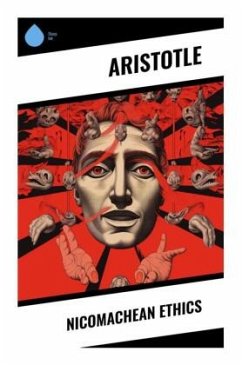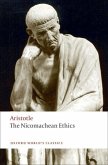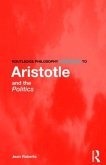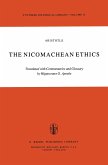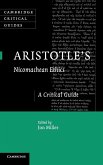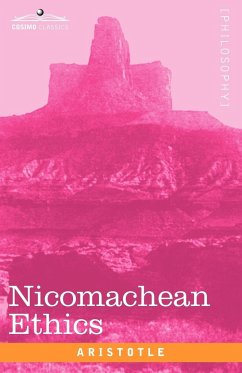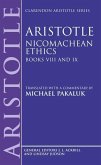Aristotle's "Nicomachean Ethics" stands as a cornerstone of Western moral philosophy, meticulously exploring the nature of virtue and the pathway to a fulfilling life. Through a methodical examination of ethical concepts, Aristotle outlines his conception of eudaimonia, often translated as 'happiness' or 'flourishing,' emphasizing the role of virtue as a mean between extremes. The text employs a treatise style that combines rigorous syllogistic reasoning with rich, practical observations, situating itself within the broader context of Hellenistic thought, while engaging in dialogue with Plato's ideas on ethics and morality. As one of the most influential philosophers in history, Aristotle's insights in ethics were significantly shaped by his diverse experiences as a student of Plato and a tutor to Alexander the Great. His empirical approach, emphasizing real-world observations as a foundation for philosophical inquiry, reflects a profound desire to understand human behavior in its most authentic context. Hence, "Nicomachean Ethics" is not merely a theoretical discourse but a practical guide informed by Aristotle's extensive study of various ethical systems and human nature. This seminal work is indispensable for anyone seeking to grasp the foundations of ethical theory and its application to everyday life. It invites readers to reflect on their own virtues and vices, encouraging a balanced approach to character development. "Nicomachean Ethics" is a timeless exploration of moral principles that continues to resonate in contemporary ethical debates.
Bitte wählen Sie Ihr Anliegen aus.
Rechnungen
Retourenschein anfordern
Bestellstatus
Storno

